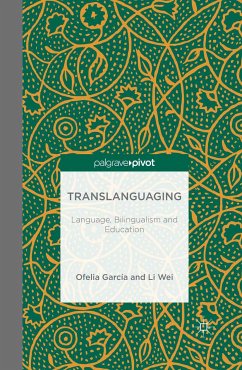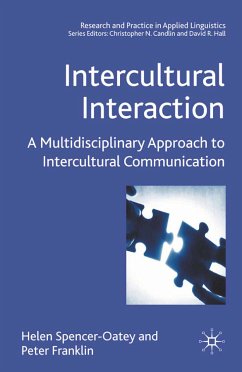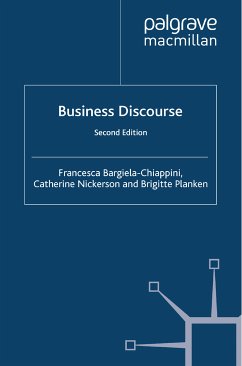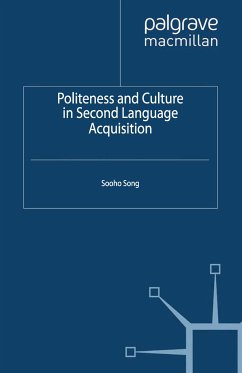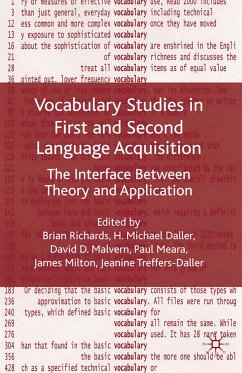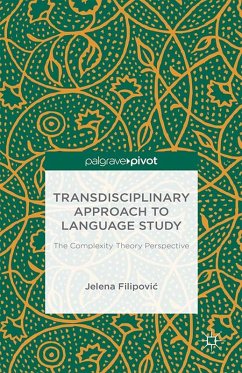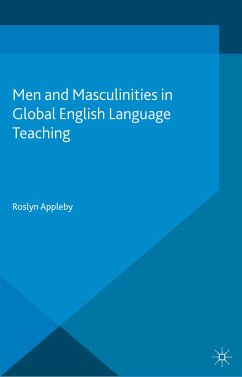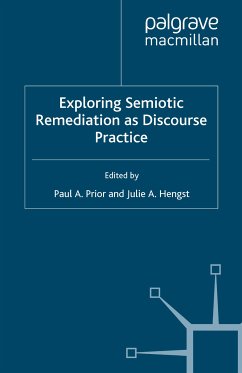Dieser Download kann aus rechtlichen Gründen nur mit Rechnungsadresse in A, B, BG, CY, CZ, D, DK, EW, E, FIN, F, GR, HR, H, IRL, I, LT, L, LR, M, NL, PL, P, R, S, SLO, SK ausgeliefert werden.
"Ofelia García and Li Wei have just managed to write the book that will definitely inscribe the concept of 'translanguaging' in the heuristic landscape of Language Education." -Language and Intercultural Communication
"Garcia and Wei effectively argue that translanguaging is clearly a process that advocates for polymorphus language learners andis indeed worth serious consideration in our current educational system.' - Hispania

